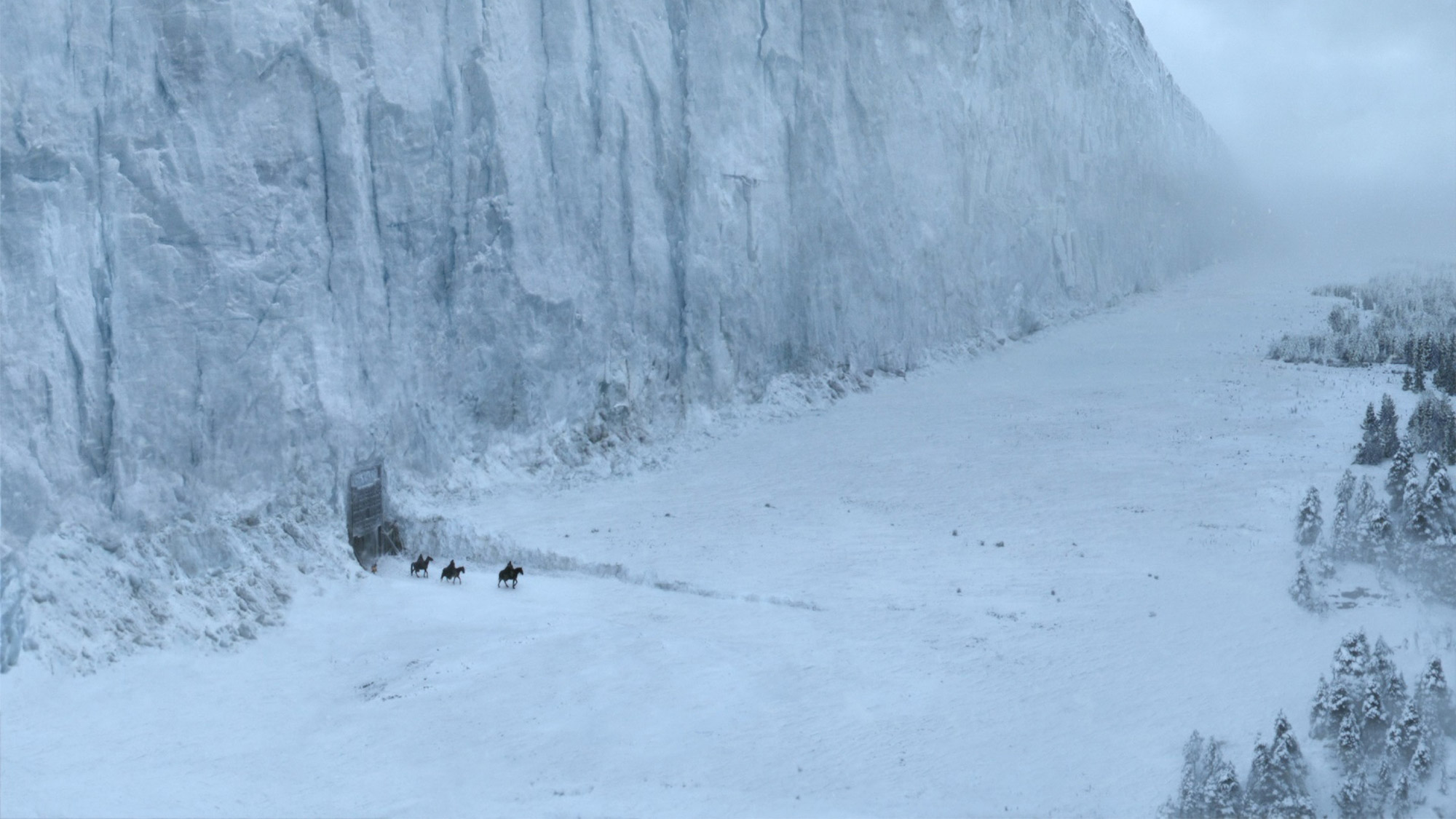What If Winter Lasted for Years Like It Does on 'Game of Thrones'?

Winter is not coming to the northern hemisphere — and we have our planet's tilt to thank.
Earth's axis is slightly tilted as it rotates around the sun. This means that the sun's rays don't hit our planet equally: If the rays directly hit the northern hemisphere, it spells winter for the southern hemisphere, and vice versa. Because the Earth is titled, as it orbits the sun, certain latitudes of the planet receive more or less sunlight during each season. [5 Real-Life Inspirations for 'Game of Thrones' Characters]
But what if the seasons — and specifically, winter — lasted for years on our planet like they do on "Game of Thrones"?
It depends on how it happened, said Christopher Walcek, a senior research associate at the University of Alabany's Atmospheric Sciences Research Center. In other words, to answer the question, you'd need to know what caused winter to last for years.
It could happen (though it wouldn't) if our planet fell into an orbit farther from the sun (nope) or stopped orbiting entirely in mid-February (this might happen… just kidding).
Let's say the latter happened, and the northern hemisphere wound up permanently tilted away from the sun.
In that case, in the northern hemisphere, the days would be short, the nights would long — and you'd have a high frequency of snow storms. Because the warmer weather wouldn't roll around to melt the snow, it would begin to accumulate, Walcek told Live Science.
Get the Space.com Newsletter
Breaking space news, the latest updates on rocket launches, skywatching events and more!
After just a couple of years, lingering winter weather would cause major ecosystem changes, he said.
Deciduous trees and plants that normally sprout in the spring wouldn't do so; this would have ramifications for the rest of the food chain. "Bears and squirrels wouldn't be able to eat and would starve, deer would similarly be culled," Walcek said.
As animals adjusted to reduced sunlight and availability of energy, "populations of [every species] would be reduced to a much lower level," he said.
For example, many animals spend the months of winter preserving their energy through various means as food becomes scarce.
Take frogs and turtles. They survive the winter season by lowering their metabolic rate so that they don't need to eat. These animals pretty much become "behaviorally inactive" during this time, said Jon Costanzo, an adjunct professor of biology at Miami University. But "there are limits to how long they can survive without feeding," he said.
If winter went on and on, frogs and turtles would deplete their energy reserves and, being unable to feed, die of starvation. Or, metabolic waste products that accumulate in the body during the winter would build up, reaching toxic levels.
"Frogs and turtles that live in seasonally cold places are very well-adapted to survive the winter, even a particularly long one," Costanzo told Live Science. "However, it is doubtful that they could survive a hibernation that lasts multiple years."
Winter in Westeros is long, but it does usually end after a couple of years. But what if our world just got stuck on winter, and the cold lasted for millennia?
That would look like an ice age, Walcek said. But even ice ages have seasons, so let's imagine a seasonless ice age.
Within hundreds of thousands of years, huge ice sheets and glaciers would form over massive parts of land, and would plow over villages and valleys, the researcher said. "If you stop [the Earth's rotation] in the middle of February, here in the northern hemisphere, probably within about a thousand years you'd see huge ice sheets form over Europe and over Canada."
Places like New York City would likely be on the edge of an ice sheet. There would be "huge changes to the whole food chain of every animal and plant," Walcek said. People would take more to hunting, leaving behind hopes of growing plants under packs of snow, he said.
But physics won't allow this to happen so... happy spring!
Editor's note: This article was corrected on April 14 to clarify that the Earth's tilt does not change as it rotates the sun.
- Photos: 33 Stunning Locations Where 'Game of Thrones' Was Filmed
- Move Over, 'Game of Thrones,' Here Are 9 Real-Life 'Dragons'
- Winter: The Coldest Season
Originally published on Live Science.
Join our Space Forums to keep talking space on the latest missions, night sky and more! And if you have a news tip, correction or comment, let us know at: community@space.com.











